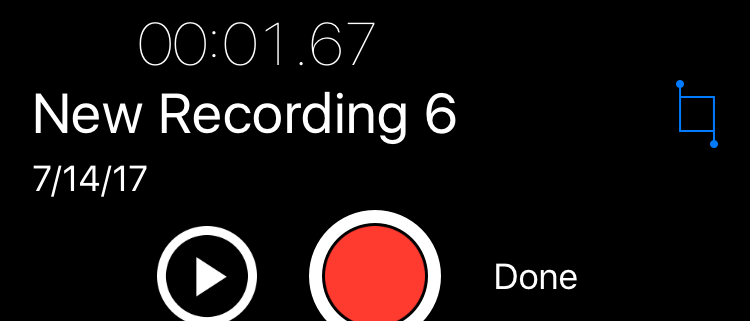Our Key Takeaways from Recent JAMA Article On Patients Recording Medical Encounters
The full article is title: Can Patients Make Recordings of Medical Encounters. What does the Law Say? by Glyn Elwyn, MD,
Authors: Glyn Elwyn, MD, PhD; Paul James Barr, PhD; Mary Castalado, JD, MPH
Published on: July 10, 2017, in The Journal of the American Medical Association (JAMA) Read the full article here.
Kudos to JAMA for publishing this article. It is important that the “ownership” of patients’ health/ medical information continues to be explored and defined. We are encouraged by the findings in this article. Our top takeaways are:
 -If a patient records the visit and retains it is not subject to HIPAA
-If a patient records the visit and retains it is not subject to HIPAA
-A clinician in a single- party jurisdiction can ask the patient not to record the visit if asked, but the patient still has the right to record the encounter
-There is a lot more to understand about “single-party” or “all-party” jurisdictions. Read the article for further clarification.
-Patients are free to share the recording if they are in single-party consent states but will need to get consent if they are in all-party consent states. The location of where the information can be shared also needs to be addressed. The full article provides some discussion about sharing with family members verses on social media as well as the intent of the sharing of the information.
It was also interesting to note that the recording of patient visits falls under the laws related to wire tapping. Wire tapping laws are specific to states and they are categorized into sing-party or all party categories.
According to the article, the 11 states that require all parties to consent, which makes the recording of patient visits without the consent of the physician illegal are:
- California
- Florida
- Illinois
- Maryland
- Massachusettes
- Michigan
- Montana
- New Hampshire
- Oregon
- Pennsylvania
- Washington
Interested to know if you or people you know have recorded or thought about recording visits before.
NOTE: Nothing in this post constitutes legal or medical advice. If you have legal or medical questions, please consult the appropriate professionals. – We wish that we didn’t have to include these disclaimers in our post, but better to be safe than sorry.




